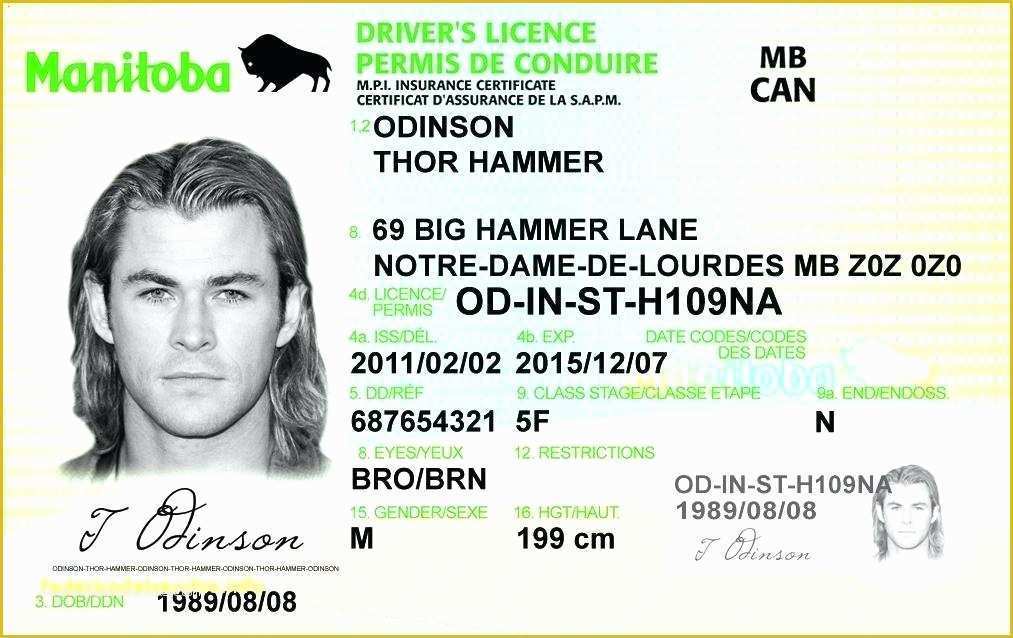A lot of people and world wide web users have heard of web cookies, but exactly what are they? What do they have to do with your privacy? This is what you need to learn about them. Whether you’re searching Google search engine result, logging into Facebook, or simply innocently chatting away on an online forum, you’ve encountered cookies. They aren’t naturally hazardous however, similar to passwords or email addresses, they are exploitable when positioned in the wrong hands.
 Cookies are files on your computer that start their life when you check out an online site. They keep bits of info about your interactions with the website or blog. A cookie is created on your first visit and then checked on repeat sees by the site that made it.
Cookies are files on your computer that start their life when you check out an online site. They keep bits of info about your interactions with the website or blog. A cookie is created on your first visit and then checked on repeat sees by the site that made it.
The cookie has a very odd name, yet nobody has a straight answer on why it’s called such. Despite how cookies got their name, you’ve probably skilled sites that inform you that they’re going to give you one. You may even get options to customize what gets kept in it. This popup is due to the EU’s GDPR law, which specifies that users need to agree to cookies that save individual data. That’s why websites nowadays appear so determined, to tell you about their cookie use.
Why You Never See Online Privacy Using Fake ID That Actually Works
Your web browser moderates the cookies in between your computer system and the online site. Cookies can expire after a given period (usually determined by the site releasing the cookie), but if needed, you can erase them yourself.
Why do we utilize cookies on the web? If a website wants to service thousands of users without cookies, it would have to store and process almost all of the interaction information. Now and then it might probably be needed to sign up on web sites with phony data and some might possibly want to bear in mind canada visa Fake id.
Cookies recognize you on the site. Cookies can keep all sorts of information, like your choices, your browser type, your location, etc.
For example, have you ever closed your web internet browser, re-opened it, and saw that you the internet site didn’t sign you out? This was possible by means of the power of cookies. The cookie for the internet site remembered your login details and utilized it to log you back in quickly.
For the a lot of part, cookies are not damaging. They’re simply another procedure utilized on the information superhighway to help with communication in between servers and users. Cookies can not carry viruses or malware, nor can they move destructive programs to other users.
Going on the warpath on cookies isn’t required almost all of the time. The worst possible situation would be the interception or forgery of one of your cookies, which would permit another user to impersonate you on some website.
Cookie security mostly depends on the internet site and your internet browser; a cookie file encryption feature, for example, can assist protect you from hackers. A more common issue is a particular type of cookie called the tracking cookie. These cookies do not have your well being in mind.
Here’s what you need to know about cookie privacy … they can not see any details that you do not personally offer. In other words, just because an internet site has a cookie on you doesn’t mean that they understand everybody in your family and which schools you’ve participated in, unless you went into that info to the web site.
Why Online Privacy Using Fake ID Succeeds
The greatest problem with tracking cookies is that an advertising agency can see your browsing history, as that’s what they utilize to target advertisements appropriate to your interests. You can prevent them from doing this, of course, by playing with your internet browser settings and disabling cookies.
There’s likely a possibility you currently have tracking cookie defense if you’re utilizing a modern-day web browser. For example, back in 2019, Firefox began obstructing tracking cookies by default. It’s worth checking what your browser is doing to secure you from tracking cookies.
If you do not wish to disable all cookies and keep a level of convenience, some web browsers let you disable particular cookies from particular domains. More advanced web browsers permit you to synchronize with blacklists maintained by neighborhoods or individuals to block domains with dubious cookie practices. You can likewise enable HSTS to prevent cookie hijacking.
Ultimately, when it concerns cookie privacy, it’s all about trust. Do you trust that website to log every interaction? Read their privacy policy and regards to use. You can typically find these on the site near the header or footer. You can constantly wipe your cookies later if you do not trust them.
Website or blog cookies store your data, but there’s no genuine reason to be scared of them. They’re there to make your world wide web life more manageable by remembering who you are and how you utilize the internet site. If you do not like the concept of cookies, nevertheless, you can always tell your web browser never to save them.
